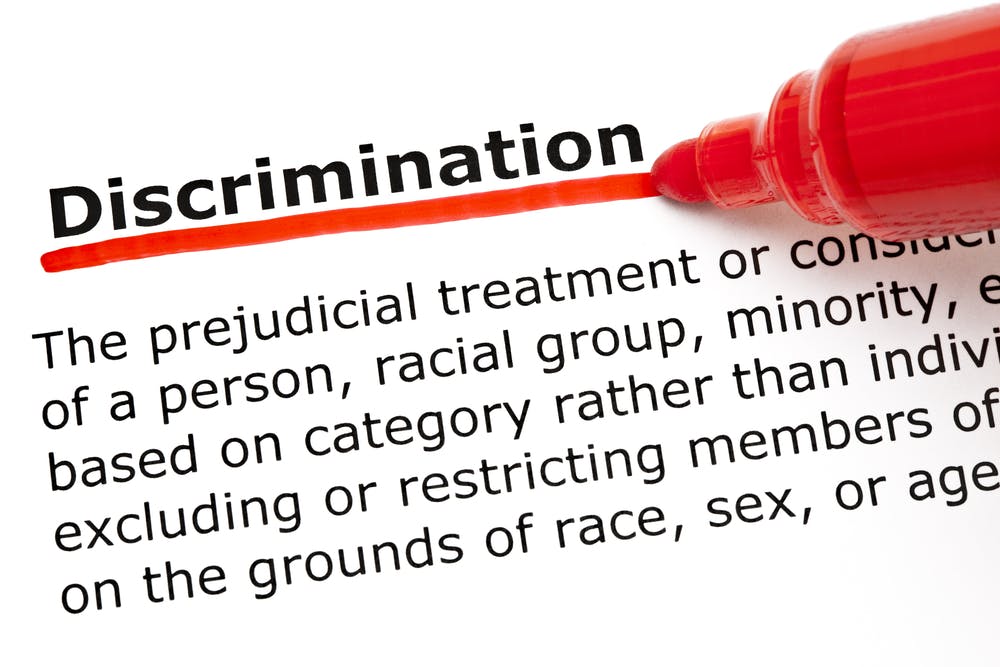By Eric B. Meyer
My readers are the best!
On Friday, I received two emails within 15 minutes of one another, encouraging me to blog about this story.
Kenneth Hilario at the Philadelphia Business Journal writes about an employee of an New Jersey company who is suing her employer. What makes this story special? The company allegedly fired the spouse’s husband, the company’s controller, because of his “extreme gas and uncontrollable diarrhea.”
Wait a sec — how did the company harm the plaintiff?
Background of the case
You can view a copy of the complaint here.
The plaintiff claims violations of the Americans with Disabilities Act and the New Jersey Law Against Discrimination. The theory goes something like this: Both the state and federal laws prohibit an employer from discriminating against an employee with a disability. It also prevents associational discrimination, which I addressed in a blog post earlier this year.
In a nutshell, you can’t discriminate against a qualified individual because of the known disability of an individual with whom the qualified individual is known to have a relationship or association.
In this particular case, the plaintiff’s husband suffered from obesity, which the plaintiff claims is a disability. The husband undergoes gastric bypass surgery, as a result of which he suffers from “extreme gas and uncontrollable diarrhea.” The company then gives the plaintiff and her husband a hard time about the husband’s side effects.
Husband is then fired; the complaint doesn’t say why. Plaintiff then quits that same day, claiming it’s because of the harassment and discrimination her husband faced as a result of his disability and side effects.
Rather than focus on the plaintiff, I’m pretty sure most of you are wondering whether the company can legally fire an employee with bad gas. So…
Can the company fire the plaintiff’s spouse?
Notably, the husband, the one with the supposed disability, hasn’t sued (yet). Was the company within its rights to fire him? Oh, there are so many issues here:
- Is obesity a disability? Unclear.
- What if the gastric bypass “cured” the obesity? He would still have a record of an impairment. Discrimination on that basis is unlawful.
- What is the duty to accommodate? If obesity is a disability, and the employee requests a reasonable accommodation, then an employer must provide one (if available), unless doing so would create undue hardship. The duty to accommodate extends to a record of an impairment, too.
- Is there undue hardship? Good question. Actually, that’s a very fact-specific question. Certainly, really bad gas could create productivity issues for co-workers. But, maybe improved ventilation, re-locating the employee, or telecommuting could all be reasonable? It really depends.
Oh, I do enjoy being an employment lawyer.
This was originally published on Eric B. Meyer’s blog, The Employer Handbook.
